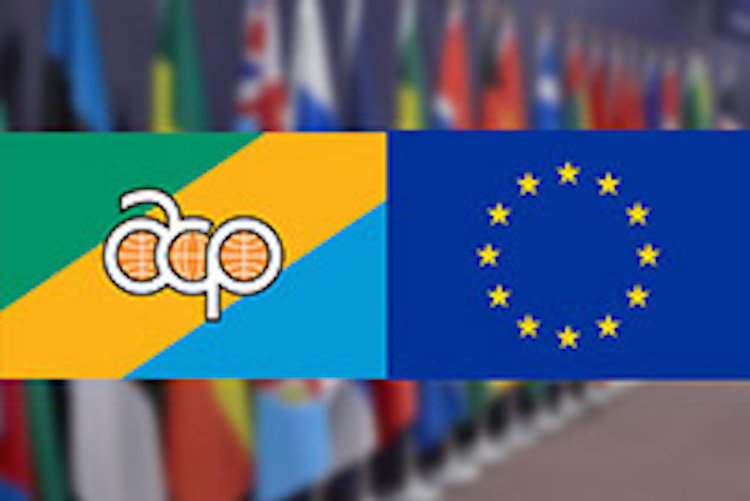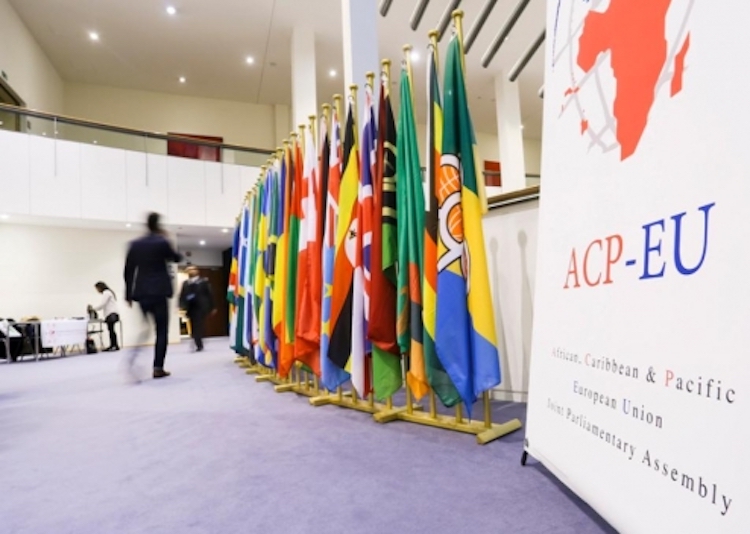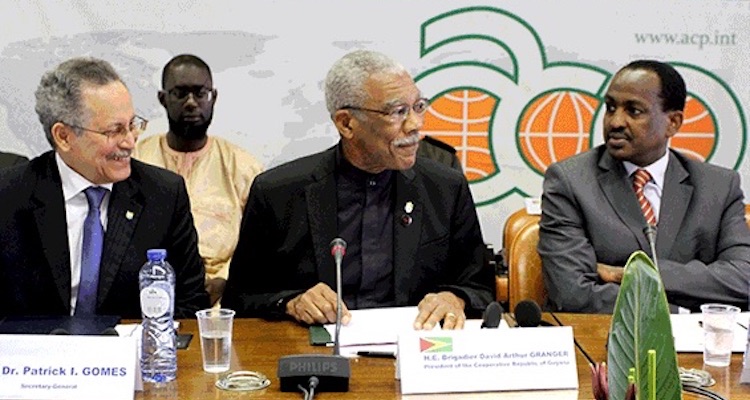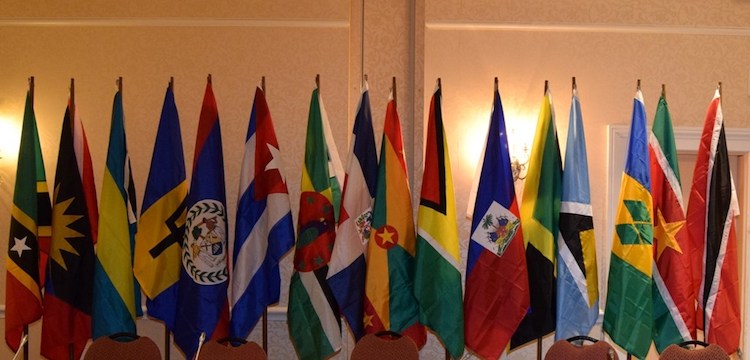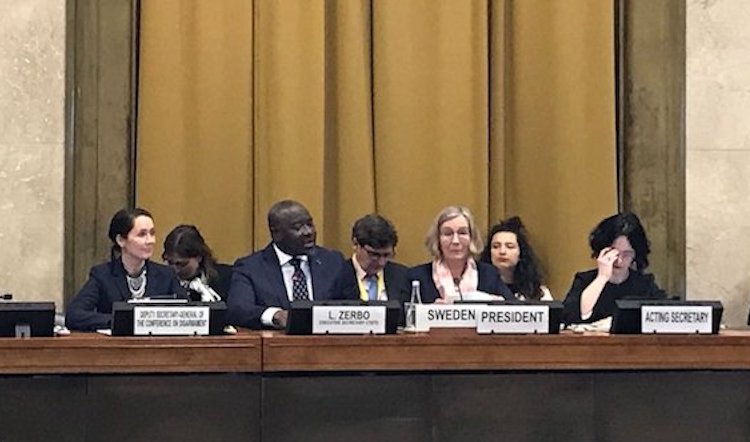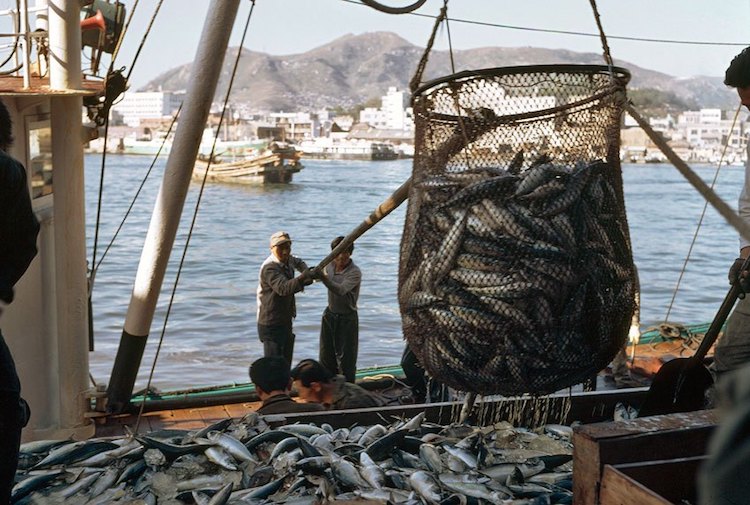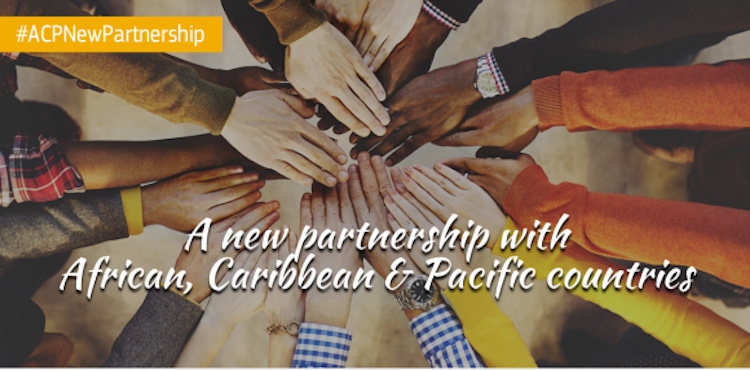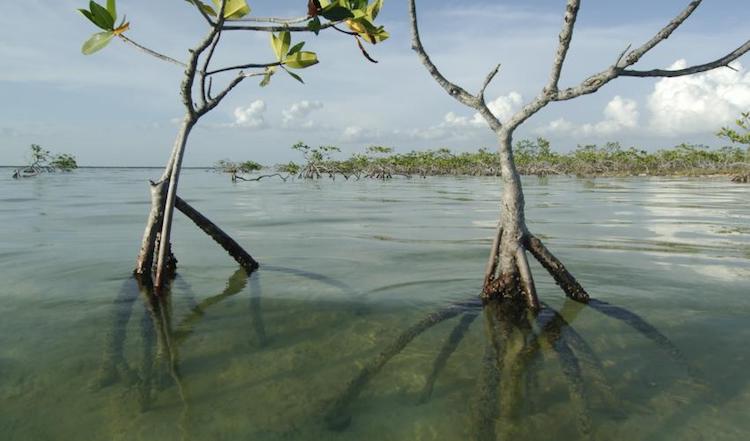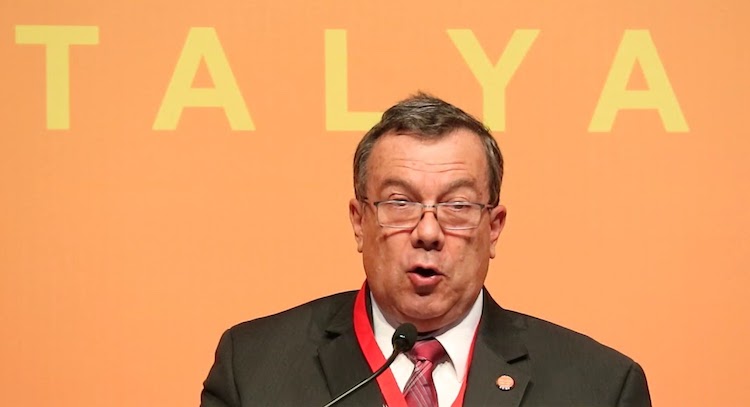By Jeffrey Moyo MWENEZI (IDN) – Sixty-seven-year old Sarudzai Msipa heavily blows air in and out of her mouth, seated in the open-air on a goat skin mat outside her hut as she battles to revive a dying fire on her cooking place set up in the middle of her yard at her remote home […]
From Nairobi to Brussels with New Impulses for ACP-EU Joint Parliamentary Assembly
By Devendra Kamarajan NAIROBI (ACP-IDN) – Members of the Joint Parliamentary Assembly from the East Africa Region of the ACP Group and their European Parliament counterparts have called for aiming at “stronger South-South and triangular cooperation and maintenance of the ACP Group’s unity and solidarity” in a successor treaty to the Cotonou Agreement that expires […]
Commitment to Renewed ACP-EU Partnership Welcomed
By Robert Johnson BRUSSELS | NAIROBI (ACP-IDN) – The co-presidents of the ACP-EU Joint Parliamentary Assembly (JPA) have welcomed the commitment of the 79-nation African, Caribbean and Pacific (ACP) Group of States and the 28-nation European Union (EU) to negotiate a successor Agreement to the ACP-EU Cotonou Partnership Agreement. The 15th Regional Meeting of the […]
ACP Group Looks Forward To Becoming ‘Effective Global Player’
By Ramesh Jaura BERLIN | BRUSSELS (IDN) – While preparing for talks on future relations with the European Union (EU) after the Cotonou Agreement expires in February 2020, the African, Caribbean and Pacific Group of States (ACP) is engaged in concerted efforts to reshape itself into “an effective global player” serving as a catalyst and […]
Caribbean States Share Common Values & Interests with Other ACP Countries
By Reinhardt Jacobsen BRUSSELS (IDN) – As the African, Caribbean, and Pacific Group of States (ACP) girds up its loins for talks on future relations with the European Union (EU) after the Cotonou Agreement expires in February 2020, the Caribbean Forum of the ACP States (CARIFORUM) has resolved that a new pact must take into […]
Action Needed to Ratify the 1996 Nuclear Test Ban Treaty
By Dr Lassina Zerbo The author is Executive Secretary of CTBTO, Preparatory Commission for the Comprehensive Nuclear-Test-Ban Treaty Organization. The following is a slightly abridged and modified text of his address on 26 February to the High-level segment of the Conference on Disarmament, multilateral disarmament negotiating forum where the Comprehensive Nuclear-Test-Ban Treaty (CTBT) in Geneva […]
ACP Group Joins with OCTs to Fight Illegal Fishing and Other Threats to Life Below Water
By Dr Patrick I. Gomes, ACP Secretary-General The following is a slightly modified version of remarks by the ACP Secretary General to the High-Level Forum of Overseas Countries and Territories (OCTs) and the European Union in Brussels on 23 February 2018 on ‘Engaging the OCTs and SDGs and the Post-Cotonou Process’. – The Editor BRUSSELS […]
EU and 79 ACP Countries Plan a ‘Modernised Partnership’
By Reinhardt Jacobsen BRUSSELS (IDN) – As the European Union (EU) and the African, Caribbean, and Pacific Group of States (ACP) gear up for talks on future relations between the two groupings after the Cotonou Agreement expires in February 2020, some areas of agreement on their respective stances have emerged. The agreement that was signed […]
Investment Boosts Protected Areas Across 79 ACP States
By Jaya Ramachandran BRUSSELS (IDN | IUCN) – “The protection and sustainable management of biodiversity in ACP countries requires a comprehensive approach that extends beyond the establishment of protected areas,” according to Patrick I. Gomes, Secretary-General of the ACP Group. It is against this backdrop that the ACP (African, Caribbean and Pacific) Group of States […]
South-South Cooperation Complements North-South Coaction
By Ambassador Galo Yepez Ambassador Galo Yepez is Director of NGOs, Ministry of Foreign Affairs and Human Mobility of the Republic of Ecuador. Following are extensive excerpts from his statement on behalf of the Group of 77 and China at the High-Level Opening Ceremony of the Global South-South Development (GSSD) Expo 2017 on 27 November […]


